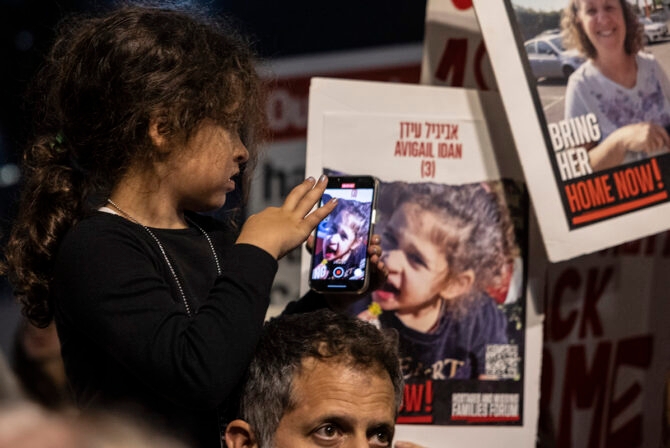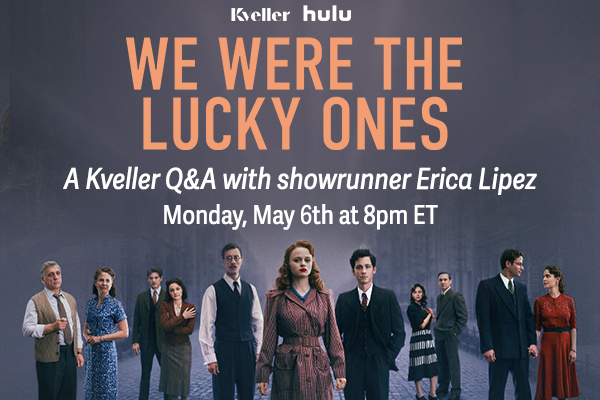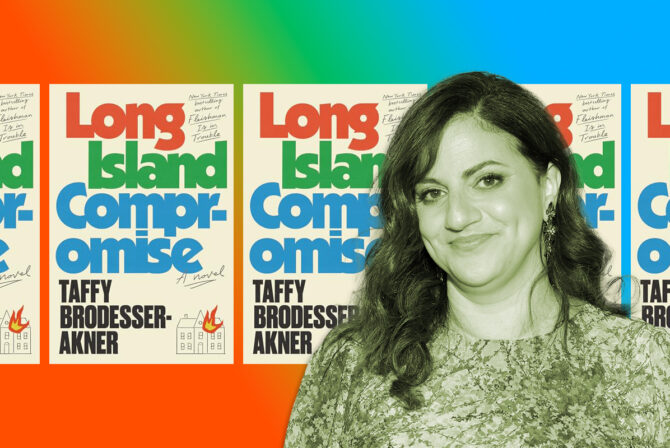This article is part of the Here. Now. essay series, which seeks to de-stigmatize mental health treatment, and improve accessibility to treatment and support for teens and parents in metropolitan New York.
2016 was ushered in, for me, with a cloud of darkness. I was three months pregnant and entering a major depressive episode, the likes of which I had never experienced before. I had decided to try and go off meds for my pregnancy, but unfortunately, that would not be possible for me. Once I agreed the appropriate course of action was to find the most effective medication for me that posed the least risk to my unborn child, it took several adjustments to find a combination that was effective. Each new round of medication introduced new side effects—many that were as awful as the depression that was holding my mind captive.
During these long, gloomy, bleak days, my nonverbal autistic daughter began to spiral out of control. She all but stopped sleeping; her energy level was through the roof as were her aggressive and destructive behaviors. Our disorders were feeding each other.
The more her behaviors increased, the further I slipped into a deep abyss of emptiness. I could not get out of bed most days. I stared at the wall for hours on end. My only thoughts were self-deprecating and despair-filled. On some level, I knew my life was not as bad as my thoughts led me to believe, but there was nothing I could do escape the jail cell that my bed had become. Not only was I suffering from a severe depressive episode while balancing a high-risk pregnancy, but my family was struggling financially.
I fought daily to be the best mother and wife I could be—because as much as my mind was trying to trick me into thinking I was useless, my family was telling me and showing me otherwise.
Slowly, I began to re-enter my world. I began to fight for my sanity like I had never fought for anything before. I forced myself out of bed and into the shower, daily. I put my kids on the school bus and I asked for help in ways that I had never thought I would. I was honest and transparent about the hell that was my life.
There were no easy days, but some days were not as bleak. On those days, I made calls to advocate for services for my autistic daughter, to catch up with my neurotypical daughter’s teacher, and to occasionally talk to a bill collector or social service agency.
I also candidly shared about what I was going through with my closest friends—the autism moms. They were so supportive. I both dreaded and could not wait to see them—I knew that I would enjoy our time together if I could force myself to make it to the appointed meeting place. And every time I did, I was humbled and overwhelmed by their kindness, understanding, and support.
Their kindness gave me the courage to reach out my rabbi and by extension the Jewish community. My rabbi offered me a kind and thoughtful ear, reminding me that I was stronger than my depression and I was more than my depression. It was so funny because I had said these words so many times about my daughter’s autism—but I never realized that it now applied to me.
With the help of my rabbi, I was able to find an organization that would help my neurotypical daughter attend camp over the summer. My daughter wanted to attend camp so badly and I wanted her to have some stability over the summer as I was still trying to break free of the prison that was holding my mind captive and preparing for the arrival of my son.
When I shared my story with the organization that ultimately provided a scholarship for my daughter to attend camp, they asked what else they could do to help. I had no idea what help to ask for, and when I said as much, I was offered a laundry list of options. And every time, I said, “Yes, I think that would be helpful,” they responded, “Thank you for letting us help you, and remember, you will make it out of this rough patch and soon because you have the support of our community.”
Well, it is six months later. I am starting to see light. My family is still struggling, but we are struggling with purpose. I know that we will be OK and once we are, we will not hit a low like this again because I will never have to go off meds again.
2016 has come and gone. We welcomed a healthy, happy baby boy in June. I know how strong and capable I am as an individual and as a member of my family. I also gained faith—faith in humanity, in the Jewish community, and in the larger sense.
While 2016 brought darkness and despair, it also brought joy, faith, and purpose. I am looking forward to 2017 not because I want to forget 2016, but because I want to live 2017 with the strength, faith, and knowledge I gained this past year.
Read More:
Billie Lourd Opens Up About Mom Carrie Fisher & Grandmother Debbie Reynolds
I Took a Vacation By Myself And It Wasn’t What I Expected
4 Things You Should Do When Your Friend Loses a Spouse

This post is part of the Here.Now series, which seeks to destigmatize mental health,
and is made possible by UJA-Federation of New York and The Jewish Board.
You can find other educational mental health resources here.







